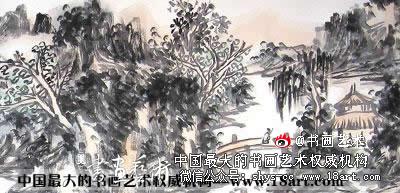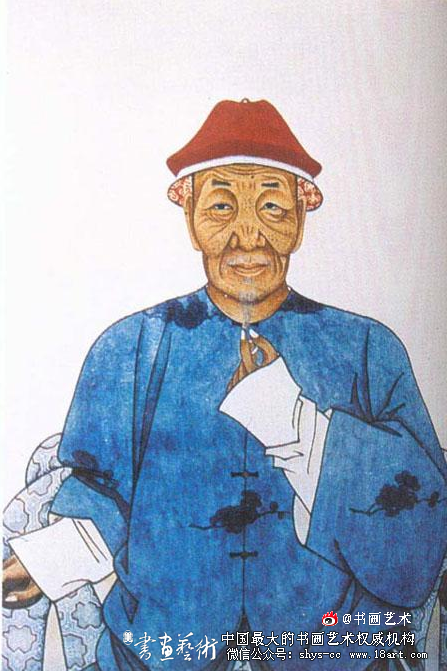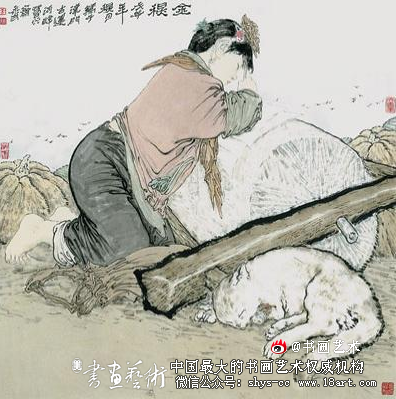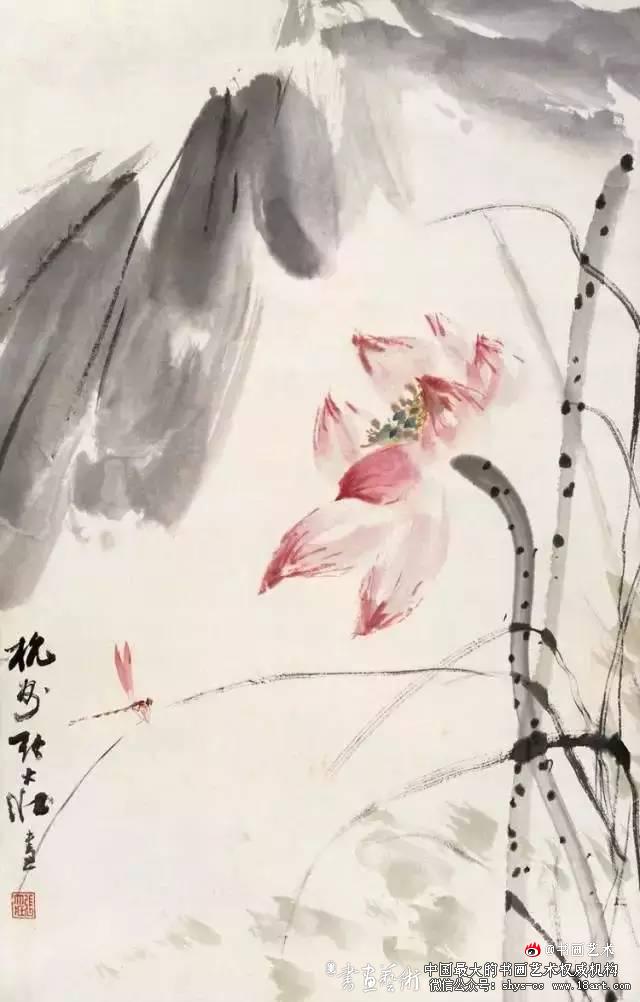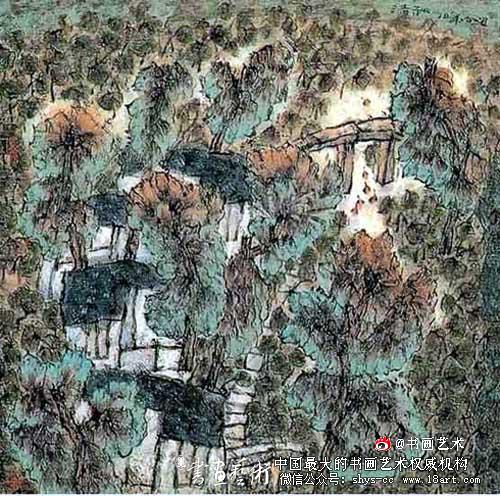书画收藏:食古纳新 瘦硬通神
大家好,日本人为什么瞧不起韩国人「日本人讨厌韩国人」很多人还不知道,现在让我们一起来看看吧!
中日韩三国关系特殊而又敏感,因此,海外网络上关于这方面的议题总能撩拨日韩网友的神经,知名问答网站、美版知乎Quora上一名韩国网友提问道:为什么日本人如此崇拜中国却看不起韩国?这引起各国网友的关注和讨论,马来日本裔网友山中贺久对三国关系和历史非常熟悉,撰文回答了他的问题。
问题:为什么日本人如此崇拜中国却看不起韩国?
马来日本裔网友山中贺久的回答
I'm a Japanese live in Malaysia. I will be able to provide you with some explanation about your question from the point of the Japanese view. I believe almost of average Japanese agree with my answer:
我是定居在马来西亚的日本人,可以从日本人的角度对你的问题做一些解释,我相信几乎所有日本人都会赞同我的回答:
Why does Japan worship China?
日本人为什么崇拜中国?
Due to some political reasons, such as ideology and national security, the Japanese people do not appreciate contemporary China very much. They have no common basic values, and the relationship between the two countries is not harmonious due to a series of historical problems in modern times.
由于某些政治原因,如意识形态、国家安全等,日本民众并不太欣赏当代中国,他们没有共同的基本价值观,而且由于近代一系列的历史问题,两国关系并不融洽。
To be exact, the object of Japanese worship is ancient China, especially China in the Three Kingdoms era. If a Chinese discusses the annals of the Three Kingdoms with a Japanese, he may be surprised at the Japanese's familiarity with ancient Chinese history. Even, the Japanese will discuss with a happy face which generals they like most in the Three Kingdoms.
准确地说,日本人崇拜的对象是古代中国,尤其是三国时代的中国。如果中国人跟一个日本人讨论《三国志》,他可能会惊讶于日本人对中国古代历史的熟悉程度,甚至,日本人还会满面春风地探讨,自己最喜欢三国里的哪个武将。
For thousands of years, China has been a cultural giant. South Korea and Japan admire China very much. They continuously introduce and imitate Chinese culture, philosophy, art and political system, so that they adopt Chinese calligraphy system without their own writing system.
几千年来,中国一直是文化上的巨人,韩国和日本都很仰慕中国,他们源源不断地引进和模仿中国的文化、哲学、艺术、政治制度等,以至于他们在没有自己的书写体系的情况下采用了中国的书写体系。
Confucianism is the main philosophy introduced from China by South Korea and Japan. It teaches people to "know their position", three obediences and four virtues, students should obey teachers, children should obey their parents, subjects should obey nobles, and so on.
儒学是韩国和日本从中国引进的主要哲学,它教导人们应该“知道自己的位置”,三从四德,学生应该服从老师,孩子应该服从父母,臣民应该服从贵族如此种种。
Naturally, this philosophy tells them that weak countries such as North Korea and Japan should yield to China.When Japanese natives were still drinking blood in primitive society, the Chinese had established the most civilized country in the world and spread their civilization to neighboring countries.
自然,这一哲学也告诉他们,古代朝鲜和日本等弱国应该向中国屈服。当日本本土人还在原始社会中茹毛饮血时,中国人已经建立了世界上最文明的国家,并将他们的文明传播到周边国家。
On the other hand, after the western countries invaded China, they were shocked that the civilization they admired was now defeated so easily.
另一方面,西方国家入侵中国后,让他们感到震惊的是,他们所仰慕的文明现在竟然如此轻易地就被打败了。
This alerted many Japanese scholars and intellectuals to quickly realize Japan's modernization, abolish the old feudal samurai and warlord system, and adopt Western systems and technologies. After Meiji Restoration and Western learning eastward, Japan gradually became strong. Therefore, in the eyes of the Japanese, the modern Chinese are very vulgar and simple. Today, this situation has changed slightly, but it still exists in Japanese society.
这使日本许多学者和知识分子警觉起来,要迅速实现日本的现代化,废除旧的封建武士和军阀制度,采用西方的制度和技术,日本经过明治维新,西学东进,渐渐强盛,日本人慕强心理严重,故而在日本人眼中,近代中国人是非常粗俗、简朴的,如今,这种情况已略有改变,但这种想法在日本社会的人群中依然广泛存在。
Why does Japan look down on South Korea?
为什么日本看不起韩国?
For this question, I think "why do Japan and South Korea look down on each other?" It will help you understand why Japan and South Korea always blame each other and quarrel with each other.
对于这个问题,我觉得用“为什么日本和韩国互相看不起?”来代替更合适,这将有助于你理解为什么日本和韩国总是互相指责,纷争不断。
As far as Japan is concerned, the discord between the two countries originated from the situation in East Asia around the end of the 19th century. Japan is a belligerent and eager to expand. As the earliest westernized country in East Asia, Japan is disappointed that the Qing Dynasty and North Korea refused to carry out political and economic system reform. At the same time, Japan is worried that it will be robbed of the opportunity by European countries that began to colonize East Asia. Therefore, Japan tries to separate North Korea from China and make North Korea a subsidiary and colony of Japan.
就日本而言,两国之龃龉起源于19世纪末左右的东亚局势。日本是一个好斗,热衷于扩张的国家,作为东亚最早西化的国家,日本对清王朝和朝鲜拒绝进行政治经济体制改革感到失望,同时,日本担心被开始殖民东亚的欧洲国家抢了先机,因此,日本试图将朝鲜从中国分裂出去,使朝鲜成为日本的附属国和殖民地。
In history, Toyotomi Xiuji once occupied Korea and returned home with great defeat, which made Japan understand that under the protection of the Central Plains Dynasty, Korea is a country that is difficult to control. To conquer China, we must first control the Korean peninsula as the landing pedal.
历史上,丰臣秀吉曾侵占朝鲜大败而归,这让日本明白了在中原王朝的庇佑下,朝鲜是一个很难控制的国家,要征服中国,必须先控制朝鲜半岛作为登陆的踏板。
Yukichi Fukuzawa, a famous Japanese thinker, wrote his most famous editorial, datsu-aron. In this editorial, he claimed that Japan was strong and should not shrink in international affairs and should be on an equal footing with Western powers. Then, Japan took advantage of the decline of the national strength of the Qing Dynasty, occupied Korea and started massacres again and again.
日本著名思想家福泽幸一(Yukichi Fukuzawa)撰写了他最著名的社论脱亜論(DATSU-ARON),在这篇社论中,他声称日本国力强盛,在国际事务上不应该畏畏缩缩,应该和西方强国平起平坐。随后,日本趁着清王朝国力日衰,占领了朝鲜,并兴起了一次又一次的屠杀。
After World War II, Japan's Tanaka cabinet believed that pacifism and United Nations based diplomacy would help them reconcile with Asian countries, especially China and South Korea. Japan had paid more than US $5 million to China in the form of interest free loans and more than US $3 million to South Korea, and provided an exclusive cooperation scheme to South Korea.
二战后,日本田中内阁相信和平主义和以联合国为基础的外交将有助于他们与各亚洲国家,特别是中国和韩国和解,日本曾以无息贷款的形式向中国支付了500多万美元,并向韩国贷款300多万美元,并向韩国提供了独家合作方案。
Then, in 1995, Japan established an additional compensation plan, the Asian women's foundation, and paid money to the victims of the comfort women problem. In addition, Japan agreed to sign a "comfort women" agreement with South Korea in 2015 and paid $10 million to South Korea.
然后,日本在1995年建立了额外的补偿计划——亚洲妇女基金会,并向慰安妇问题的受害者支付了款项,此外,日本于2015年同意与韩国签订“慰安妇”协议,并向韩国支付了1000万美元。
However, as you know, due to the manipulation and political operation of Japan's right-wing elements and political parties, Japan has been in constant friction with its neighbors. Therefore, the Japanese are tired of Koreans and begin to think that Koreans are rude, treacherous and ill intentioned.
然而,正如你们所知,由于日本右翼份子和政党的操弄和政治运作,日本与邻国一直摩擦不断。因此,日本人厌倦了韩国人,并开始认为韩国人是粗鲁的人,背信弃义,居心不良。
So why do Koreans look down on Japan? I think there are some basic reasons.
那么,为什么韩国人反而看不起日本呢?我认为有以下一些基本的原因。
First of all, South Korea is the strongest supporter of Confucianism, and the concept of orderly growth and childhood is deeply rooted in the hearts of the people. In history, Chinese civilization was introduced into Japan through North Korea. Therefore, Koreans believe that they are Japan's brothers. Without South Korea, there would be no Japanese civilization today. However, Japan does not respect South Korea so much. Instead, it makes trouble and occupies the Korean peninsula for a long time, which has brought deep suffering to the local people.
首先,韩国是儒家思想最坚定的支持者,长幼有序的观念深入人心。历史上,中国文明是通过朝鲜传入日本的,因此,韩国人认为他们是日本的兄长,没有韩国,就没有今日的日本文明,然而,日本却没有那么尊重韩国,反而犯上作乱,长期占领朝鲜半岛,给当地人民带来了深重的苦难。
In this regard, Koreans have a natural and strong aversion to the Japanese, even if they don't say it. This also explains why even if the United States puts pressure, the South Korean government rarely takes a tough attitude towards China, because South Korea subconsciously regards China as its cultural home country. It is precisely because of this sense of inferiority that many South Korean experts always like to claim the cultural heritage of other countries as their own.
从这方面来说,韩国人对日本人带有天生而强烈的反感,即使他们嘴上不说。这也解释了为什么即使美国施压,韩国政府也极少对中国采取强硬态度,因为韩国从潜意识里将中国当做文化上的母国,正是由于这种自卑感,使得很多韩国专家总爱将他国的文化遗产主张为本国所有。
Another important reason is that Koreans prefer "justice" to law. In modern Korean history, Korean citizens have fundamentally solved many political problems through civil revolution and protest. South Koreans do not pay much attention to and safeguard the existing laws. It is common for public opinion to try real events and establish new laws to achieve justice. A clear example is that almost successive South Korean presidents have been arrested, killed or expelled after taking office.
另一个重要原因是韩国人更偏爱“正义”而不是法律。在现代韩国历史上,韩国公民通过公民革命和抗议从根本上解决了许多政治问题。韩国人并不太重视和维护现行法律,民意审判现实事件并设立新法律,以实现正义是常有的事,一个鲜明的例子是,几乎历任韩国总统在执政后都被逮捕、杀害或驱逐。
There is a word that can explain their attitude in South Korea - "국 민 정 서" (national emotion law). In this way, South Korea believes that Japan is a "backward country", stubborn, can not adapt to the time and fundamentalism. Japan believes that the social contract relationship is based on a pile of systems and laws, but South Korea's way of thinking is different.
有一个词可以解释他们在韩国的这种态度——”국민정서법” (国家情感法),就这样,韩国认为日本是一个“落后国家”,顽固不化,不能因时制宜,本本主义。日本认为,社会契约关系是建立在一堆制度和法律的基础之上的,但韩国的思维方式与之不同。
This difference seems insignificant, but it has actually had a serious impact on bilateral relations. Japan and South Korea signed a basic treaty in 1965, which agreed that Japan would provide compensation. At that time, Japan believed that the Japanese rule from 1910 to 1945 was completely legal, but the rule was no longer effective. However, from 1910, South Korea believed that the period of Japanese rule was completely illegal.
这一差异看似微不足道,但实际上对两国关系产生了严重影响。日本和韩国在1965年签署了一项基本条约,该条约商定由日本提供赔偿。当时,日本认为1910年至1945年的日本统治时期是完全合法的,只是统治不再有效而已。然而,从1910年开始,韩国认为日本统治时期是完全非法的。
From the Korean point of view, this means that the money from Japan is not actually compensation, but just an excuse to avoid crime. During the cold war, this issue was sealed up for a long time. However, the South Korean Supreme Court ruled that the South Korean victims did not receive any legal compensation last year, which means that each South Korean victim still has the right to claim compensation from Japan in principle. In this way, the South Koreans began a long and arduous road of litigation. (in fact, some lawsuits against the Japanese government have begun)
从韩国人的角度来看,这意味着来自日本的钱实际上不是补偿,而只是一种免除罪行的借口。冷战期间,这个问题被封存了很长时间,然而,虽经韩国最高法院裁定,韩国受害者去年却没有得到任何法律赔偿,这意味着每个韩国受害者原则上仍然有权向日本声索赔偿,就这样,韩国人开始了漫长又艰辛的诉讼之路。(事实上,一些针对日本政府的诉讼已经开始)


